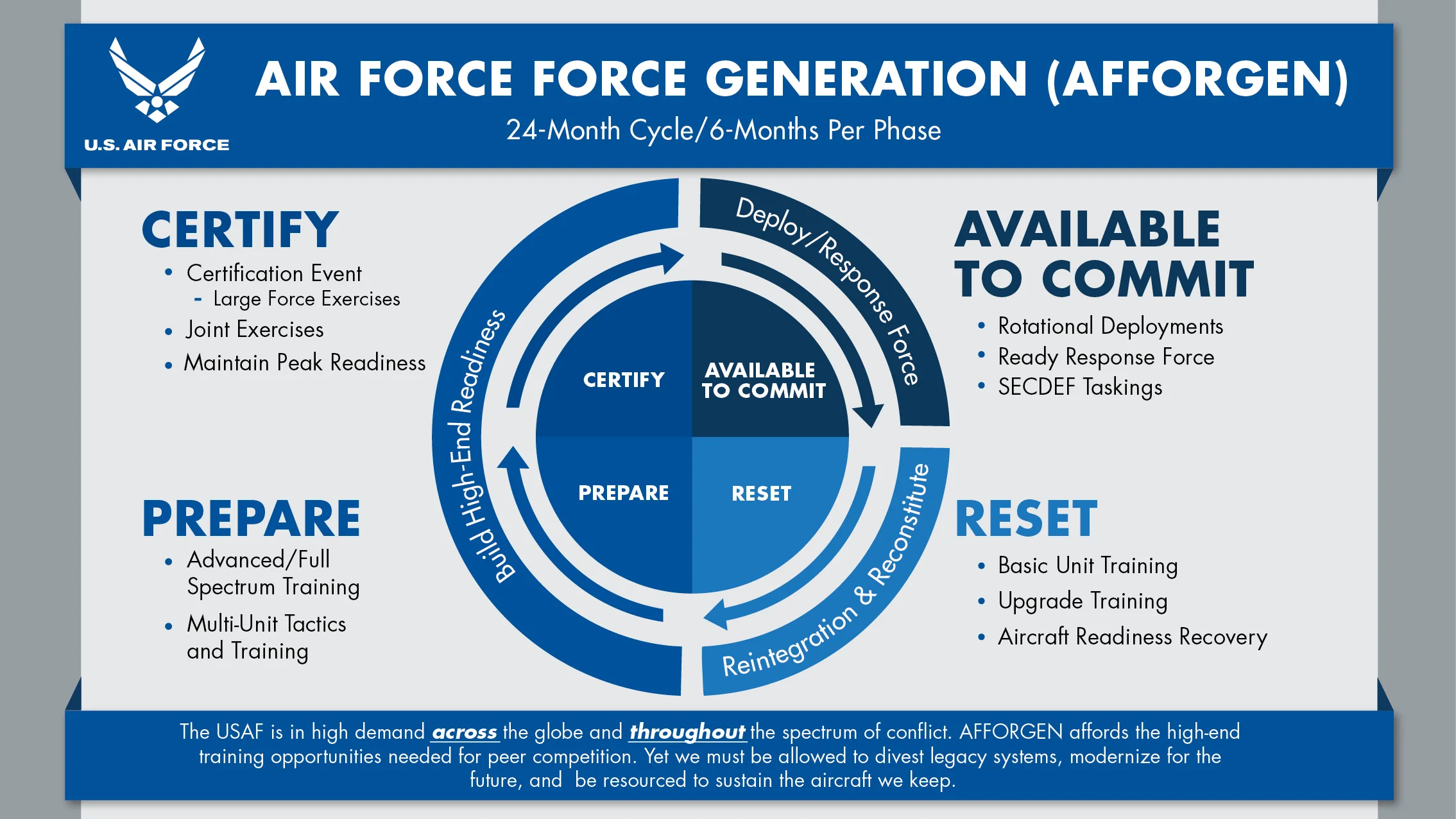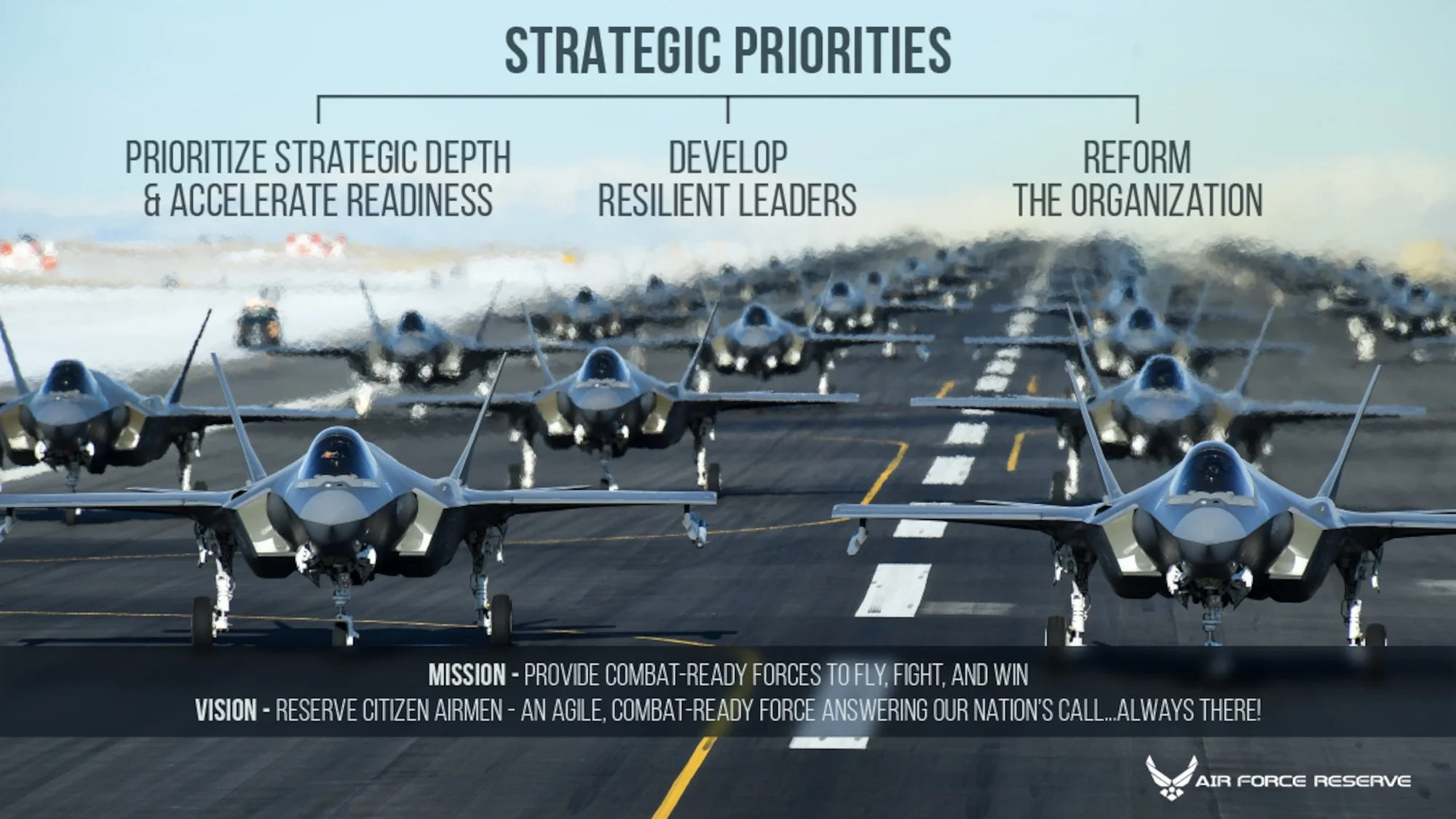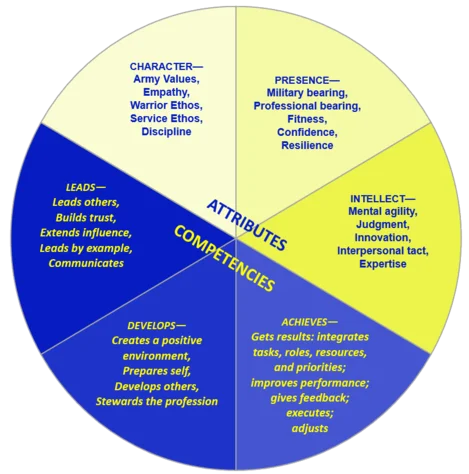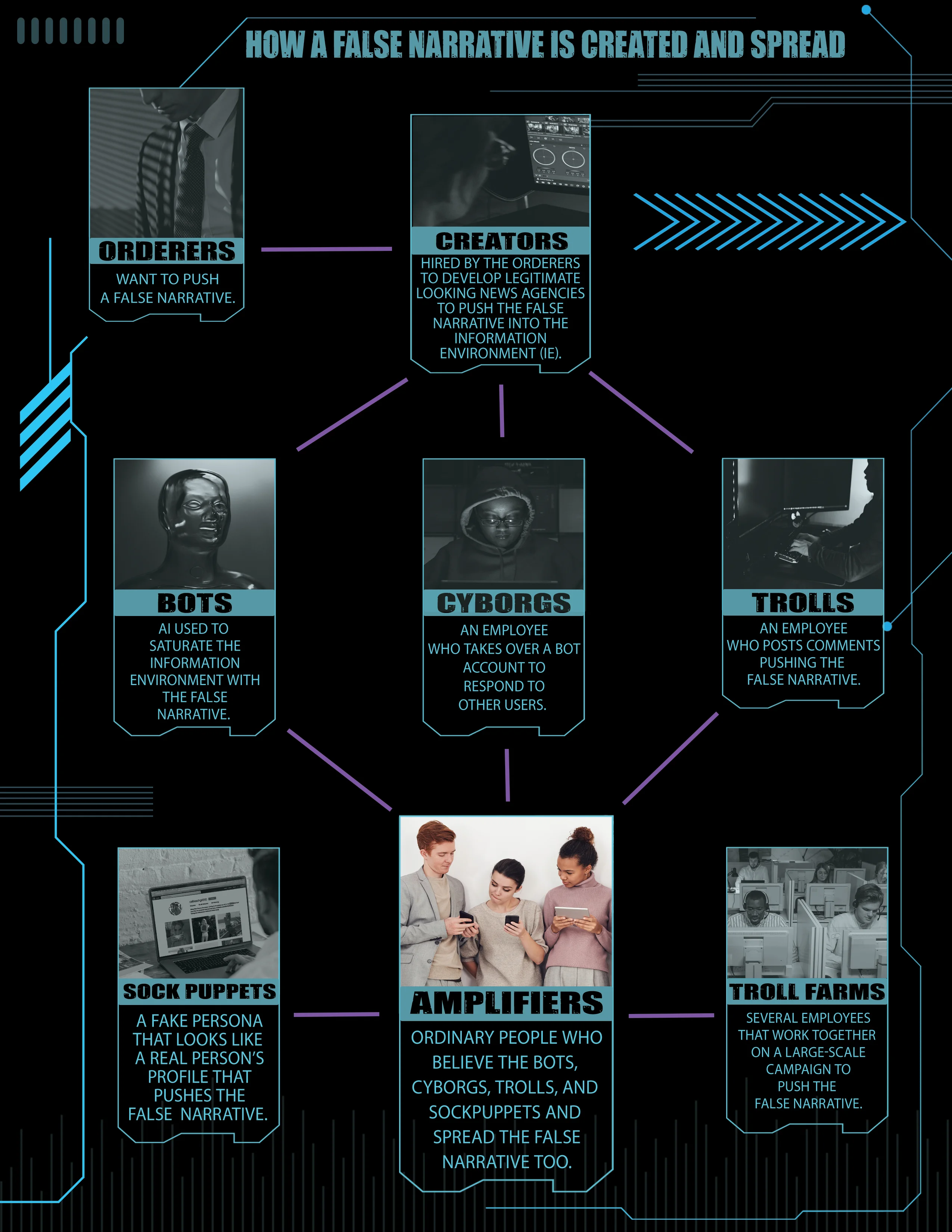
In a world full of constant change and challenges, bouncing back and thriving is key for leaders. Resilient leaders aren't born that way; they're shaped by intentional actions and self-discovery. Did you know that 90% of top executives say resilience is their secret to success? It's not just about surviving tough times, but learning to thrive despite them. Here, we'll look at what it takes to be a resilient leader—from building self-awareness and managing emotions to finding the right balance between optimism and realism. We'll talk about why adaptability matters, how to root your leadership in purpose, and why wellbeing is so important for resilience. We'll also cover the importance of strong support systems and how AI tools like Deepbrain AI and AI Studios can boost leadership resilience. Whether you're leading a big company or a small team, these insights will help you lead with strength and grace. Let's dive into resilience together!
Summary: This content discusses key attributes of effective leadership, including self-awareness, emotional regulation, optimism, adaptability, and purpose-driven leadership, while also highlighting the importance of wellbeing and support systems. It also mentions Deepbrain AI and AI Studios as tools for enhancing leadership capabilities.
Self-Awareness and Emotional Regulation for Resilient Leaders
The Role of Self-Awareness in Resilient Leadership
Self-awareness is key for leaders who want to be resilient. It helps them notice their thoughts, emotions, and actions right as they happen. With this skill, leaders can choose to respond thoughtfully instead of reacting on impulse, which builds trust and authenticity in their teams.

Being self-aware also means leaders can spot their own biases and keep their emotions in check, leading to smarter, value-based decisions. It’s the backbone of emotional intelligence, which is all about recognizing, understanding, and managing emotions—both yours and others’. Leaders who work on self-awareness understand how their actions affect others, which boosts relationships and the overall vibe of the organization.
This skill isn’t set in stone; you can grow it through:
- Reflection
- Mindfulness
- Feedback, like 360-degree assessments
These practices help you understand your leadership style and identify areas for improvement.
Emotional Regulation Strategies for Resilient Leaders
Managing emotions is crucial for leaders. It aids in handling stress, resolving conflicts, and building trust within teams. Some helpful techniques include:
- Keeping track of what triggers emotions
- Practicing mindfulness
Simple methods like the STOP method (Stop, Take a breath, Observe, Proceed) and calming exercises such as deep breathing are particularly effective.

Emotional intelligence involves:
- Recognizing emotions
- Using them to communicate better
- Understanding their origin
- Keeping them in check for balanced decisions
Leaders can experiment with different techniques, like breathing exercises and cognitive reframing, to manage stress and frustration effectively.
Effective regulation isn’t about suppressing emotions but rather knowing when they’re clouding your judgment. It involves deciding to pause or seek support to clear your head. Daily habits like active listening and reflecting on emotional management can help leaders remain resilient and composed under pressure.
Balancing Optimism and Realism for Resilient Leaders
Harnessing the Power of Optimism in Leadership
Resilient leaders know how to use optimism to their advantage. They maintain a hopeful outlook grounded in real facts and experience, helping them inspire their teams while remaining honest about the challenges they face. Learn more about Resilient Leadership.
Optimism in leadership is linked to:
- Better stress management
- Adaptability
- Openness to change

It also supports long-term health and effectiveness. Discover more at Transforming Careers.
Resilient optimism, or "optimism with a safety net," combines belief in progress with readiness for setbacks. This mindset can be nurtured within organizations, sparking creativity and innovation. It encourages team members to try new things without fearing failure. Explore this concept further at LGT.
Achieving Realism in Resilient Leadership
Finding the right mix of optimism and realism is crucial for resilient leaders. They face hard truths without losing hope, blending positivity with practical thinking to guide through uncertain times. For more insights, visit Resilient Leadership.
True optimism involves recognizing challenges and setbacks while seeing the opportunities in them—a concept known as "productive pessimism." Learn more at Transforming Careers.
Good leadership requires:
- Emotional stability
- Adaptability
- Decisiveness
- Empathy
- Strategic vision

These qualities enable leaders to act thoughtfully instead of reacting on impulse. For more details, see IMD.
By balancing optimism and realism, leaders can maintain a positive outlook while tackling real problems. This builds resilience and helps avoid emotional burnout. This balance is crucial for leadership that can adapt and thrive in a constantly changing world. Explore more at Aurora Training Advantage.
Adaptability and Flexibility in Resilient Leaders
Embracing Change as a Resilient Leader
Change is a significant aspect of leadership today. Being adaptable enables leaders to manage the unknown and view change as an opportunity for growth. Leaders who adapt well:
- Tweak their style depending on the situation
- Empower their teams
- Solve problems efficiently
Instead of adhering to rigid top-down methods, they adopt agile, team-focused, and emotionally intelligent leadership approaches. Adaptive change management involves making quick, small adjustments when new challenges arise, allowing leaders to modify their plans and strategies as necessary.

To be adaptable, you need:
- Self-awareness
- An open mind
- A knack for learning
- Resilience
- Flexibility in decision-making
These traits are crucial for thriving when circumstances become challenging. Imagine a leader facing a sudden market shift: they quickly rethink the team's strategy, adjust their leadership style to fit the situation, and promote open communication to navigate the change smoothly.
Practicing Flexibility to Enhance Leadership Resilience
Being flexible as a leader means altering strategies, approaches, and communication methods in response to shifting circumstances or varying team dynamics. Flexible leaders:
- Listen to feedback
- Are open to changing their ways
- Collaborate effectively, enhancing team morale and performance
They can transition between different leadership styles, such as strategic, transformational, coaching, or directive, based on business priorities and team needs. Flexibility is an essential skill that impacts organizational performance, engagement, and resilience.

To enhance flexibility, leadership development programs focusing on:
- Communication
- Teamwork
- Problem-solving
- Dealing with uncertainty
are beneficial. Consider a flexible leader who notices a team member struggling with the usual workflow. They adapt their management style to provide coaching and support, and adjust project plans to better align with the team's strengths and circumstances.
Anchoring Leadership in Purpose
Defining Purpose for Resilient Leaders
A leader's purpose is like the "why" behind what they do. It ties their personal values to bigger goals, both for the organization and society. This connection helps build a strong company culture and trust within the team. Instead of focusing on hierarchy and control, purpose-driven leaders emphasize meaning and contribution.
To lead with purpose, you need to know what drives you and how your leadership style makes a difference beyond just hitting targets or making profits. Consider the example of a nursing director who valued patient dignity. He aligned his leadership with the hospital's mission of compassionate care. By focusing on patient stories, he boosted staff engagement and improved patient outcomes.

Purpose-driven leadership is about syncing your values with the organization's mission, which builds trust and encourages teamwork.
Purpose-Driven Leadership for Resilient Teams
Leaders who are driven by purpose unite their teams around a common mission, making values a part of everyday decisions. They lead with authenticity, not just authority, which creates a shared sense of purpose. This helps teams adapt, innovate, and achieve great results.
When personal goals align with organizational ones, it fosters this shared purpose, guiding teams through challenges and uncertainty with a clear sense of why. Companies should look beyond resumes to see what personally motivates leaders and help them connect their purpose to the company mission.

Leaders with a clear sense of purpose often stay longer in their roles and take on more challenging positions. This approach leads to better outcomes for both individuals and the organization, like higher employee engagement and resilience in tough times. Purpose-driven leaders cultivate cultures of mutual support and respect, staying consistent even during rapid change and uncertainty.
Wellbeing as a Foundation for Resilient Leadership
Physical and Mental Wellbeing for Resilient Leaders
Good leaders understand that taking care of both body and mind is essential to effective leadership. They maintain physical resilience by:
- Managing stress
- Taking breaks to recharge
- Adhering to healthy habits
These practices enable them to stay strong and think clearly. Regular exercise, sufficient sleep, and mindfulness are key components of their routine, ensuring high energy levels and sharp focus.

Moreover, they support their teams by providing mental health resources and encouraging breaks. They aim for balanced workloads and foster open discussions about mental health. This holistic approach helps leaders remain calm, manage stress, and make informed decisions during challenging times (Nilo Health).
Mental Health Practices for Resilient Leadership
Incorporating mental health practices empowers leaders to better address challenges. Resilient leaders exhibit emotional intelligence by:
- Understanding and managing their emotions
- Demonstrating empathy
This approach fosters a positive environment and builds trust within their teams. They effectively handle stress, maintain composure during crises, and focus on solutions with an open mind.

Leaders also promote feedback and learning by offering coaching and mentoring, which aids in developing resilience in others. By providing resources such as mindfulness training and Employee Assistance Programs, they enhance their team's resilience.
Psychological strategies, like creating a safe space for ideas and inspiring teams to adapt and grow, are pivotal for robust leadership (The Wellbeing Project).
Building Support Systems for Resilient Leaders
Establishing a Resilient Support Network
Resilient leaders thrive with solid support systems. These often include confidential resources such as mental health services and coaching, which are crucial for maintaining health and effectiveness.
Being part of peer advisory groups allows leaders to share their struggles in a safe space, helping them feel less isolated and preventing burnout. These groups provide tools, insights, and encouragement that enhance resilience and confidence.

Connecting with peers who face similar challenges fosters a sense of community and shared wisdom. Emerging leaders, in particular, should focus on building networks of trusted colleagues, mentors, and peers to bolster their emotional resilience and better manage stress. Being part of these networks can significantly aid leaders in navigating tough times. Learn more.
Enhancing Resilience Through Organizational Culture
The culture of an organization plays a pivotal role in building leader resilience. Assigning leaders challenging tasks that push them beyond their comfort zones, complemented by strong support such as mentoring and regular check-ins, facilitates growth.
Effective leadership development programs integrate formal training, real-world assignments, feedback, coaching, and assessments over time, which build both resilience and skills. Additionally, peer learning and group programs create ongoing support networks that reinforce resilience.

Feedback loops that enable upward and peer feedback without fear of backlash cultivate trust and accountability. Cultures that prioritize open communication, adaptability, and people-first approaches equip leaders to confidently guide their teams through changes. Learn more.
Deepbrain AI and AI Studios
Deepbrain AI: Revolutionizing Video Creation for Resilient Leaders
DeepBrain AI Studios is transforming video creation by eliminating the need for traditional cameras and actors. Instead, it allows you to convert text scripts into high-quality videos featuring lifelike AI avatars. Here’s what makes DeepBrain AI stand out:
- Multilingual Support: With over 80 languages, avatars deliver natural speech, realistic facial expressions, and synchronized lip movements.
- Avatar Customization: Choose from a wide selection of stock avatars or create custom ones tailored to your brand.
- Script Assistance: Integration with tools like ChatGPT facilitates quick script creation, ideal for video presentations or educational content.
- Cost-Effectiveness: Widely used across industries to disseminate messages globally without incurring high costs.

- User-Friendly Video Editor: Comes with templates, backgrounds, and royalty-free music, allowing for AI video production without complex software.
Explore more about DeepBrain AI.
AI Studios: Enhancing Leadership Development for Resilient Leaders
AI Studios, powered by DeepBrain AI, significantly contribute to leadership development by providing scalable and personalized training experiences. Here’s how they make an impact:
- Immersive Training: Realistic AI avatars and customizable content enable leaders to enhance communication skills in diverse scenarios.
- Automated Video Production: Facilitates the creation of engaging content focused on resilience and adaptive leadership without high expenditures.

- Interactive Training Materials: Allow leaders to practice real-world scenarios, fostering emotional intelligence and resilience under pressure.
- Collaborative Features: The platform supports team collaboration, simplifying content co-creation and promoting shared learning—essential for cultivating strong leadership cultures.
FAQ Section
Developing Emotional Intelligence as a Resilient Leader
To enhance your emotional intelligence as a leader, focus on managing your emotions, maintaining composure, and supporting your team's adaptability. Leaders with high emotional intelligence remain calm under pressure, think before reacting, and communicate effectively to build trust. They foster an environment conducive to open discussions about well-being, particularly during challenging times.
Understanding your emotional triggers and keeping them in check can help you inspire and motivate your team. A leader who remains level-headed during crises, acknowledges team struggles, and promotes open conversations about stress demonstrates strong emotional intelligence and resilience.

For more tips, check out Corefactors and Learnit.
Practical Ways for Resilient Leaders to Enhance Adaptability
Adaptability in leadership involves staying mentally agile and flexible. Resilient leaders abandon failing strategies, consider various perspectives, and pivot when necessary. They anticipate changes and adjust strategies to manage market shifts, technological disruptions, or unexpected crises.
Maintaining a realistic yet positive outlook—accepting harsh realities while believing in the team's ability to overcome—enhances adaptability. Such leaders focus on solutions, engage in positive self-talk, and manage multiple challenges simultaneously. A leader who swiftly shifts focus during a market downturn, reprioritizes, and communicates a clear plan exemplifies adaptability.

For more information, visit ITD World and Flexopus.
Building a Support Network for Resilient Leaders
Creating a support network for leaders involves fostering trust and psychological safety within teams. Resilient leaders cultivate environments where individuals feel safe to voice concerns, make mistakes, and seek assistance. Regular check-ins addressing both work and well-being encourage honest discussions about burnout and support needs.
Leaders who exhibit empathy and emotional strength inspire motivation and loyalty, helping sustain performance and morale during difficult times. A shared sense of purpose provides leaders and their networks with meaning and motivation during challenging periods, fostering collective resilience. A leader who organizes regular peer support meetings, shares challenges and successes, and promotes mutual assistance builds a robust support network. For more insights, visit Learnit and ITD World.